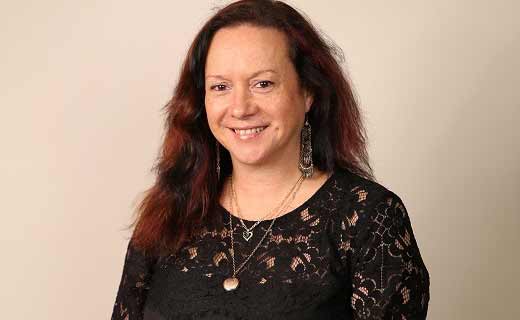More Social Workers After Promise of Pay Rise

Tuesday, 16 Oct 2018
Jan Hastie is hoping the 30 per cent pay rise over the next five years promised to social workers at Oranga Tamariki will lure more people into the sector.
The social services programme manager at Toi Ohomai Institute of Technology says more skilled social workers are desperately needed.
“Many individuals and families who seek support from a social worker will be impacted by a complicated environment of poverty, inadequate housing, racism, sexism, family harm, and suicide completion.
“The cumulative effects of these experiences combined with the rising costs of basic items for survival, and sky-rocketing costs of rental properties have seen a rise in unemployment, homelessness and a new class of ‘working poor’.”
According to Government statistics, there are 6350 children and young people in state care. Oranga Tamariki employs 1300 social workers, but 700 to 800 more were needed to take up care and protection roles.
So, Jan says Toi Ohomai is committed to developing more social workers with practical skills.
She says during their studies, students will complete placements at two organisations to ensure they have the opportunity to experience real-life situations to hone their practical skills.
“Social work is a highly regulated profession, and the Bachelor of Social Work teaching team works and reflects from an ethical position that supports the legal and moral responsibilities of a professional social worker. The team is motivated, highly skilled, reflective and supportive of one another. This degree will help future-proof practitioners for a complex and challenging job that they will eventually be employed in.
“The Bachelor of Social Work teaching team utilises highly-developed methodologies and methods of teaching that is recognised as experiential, supporting deep-learning through real-life analysis of case studies and lecturer experiences in the industry. Furthermore, the group process allows the students to ’feel’ the experience and therefore retain the theory-to-practice concepts.”
Jan says there is a greater need for real work knowledge linked more closely to professional content and placed in a tighter context of rapidly shifting legislative and policy developments.
“Although social work is a challenging career, there are many rewards to supporting families to find a positive way forward from the issues that they experience. Social work is also connected to keeping the system ‘honest’ through submissions to government policies at both a local and national level. The history of social work in Aotearoa is closely linked to women and children's rights, acceptance of difference and culture and equality for all.”
Jan says she is optimistic that the boost to the income of Oranga Tamariki social workers will lead to an increase across the industry.
Māori and Pacific whānau are particularly vulnerable to the challenges of western systems and Jan says many of Toi Ohomai students have gone on to work in iwi organisations supporting whānau impacted by gang affiliation, cultural displacement and loss of cultural identity.
“At Toi Ohomai, we have a strong bicultural focus in terms of practicing with Māori through our point of difference of having a stream of te reo Māori and three social work practice courses that relate to practicing in a bi-cultural context in the Bachelor of Social Work degree. Additionally, now with the delivery of the Level 7 Intercultural Theory course, we are addressing a much-needed multi-cultural context for practice.
“Māori students make up 70 to 80 per cent of classes and an outcome of this has been an increase in cultural identity and connectedness for Māori students.
“These understandings have supported the development of the social work degree at Toi Ohomai that will produce beginning social workers with the ability to work through the lens of theory to practice in an environment that privileges dominant neoliberal discourses and marginalises those with less power through age, gender, diversity or ethnicity.”
Read more about the Bachelor of Social Work.
